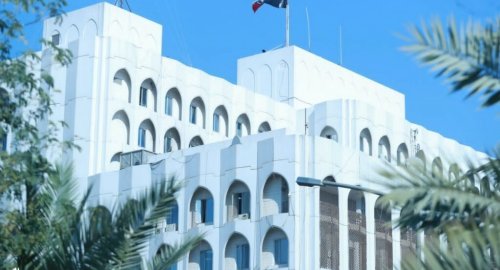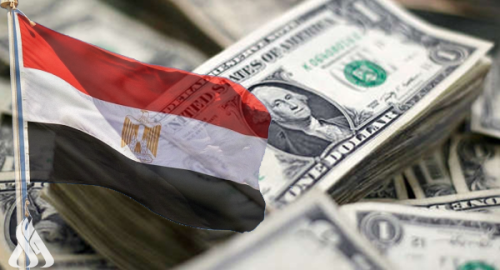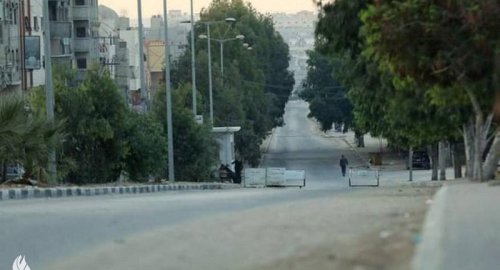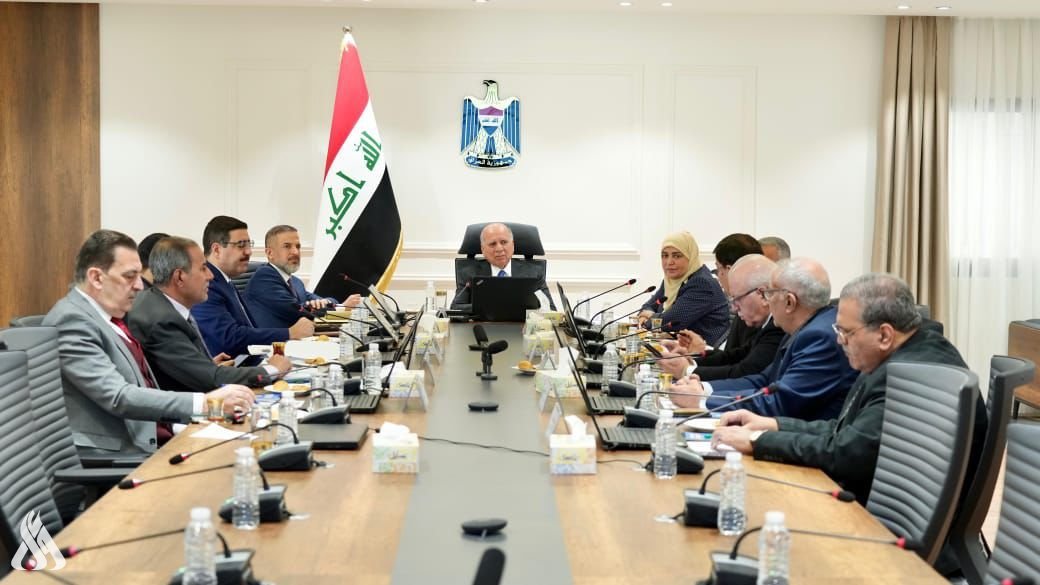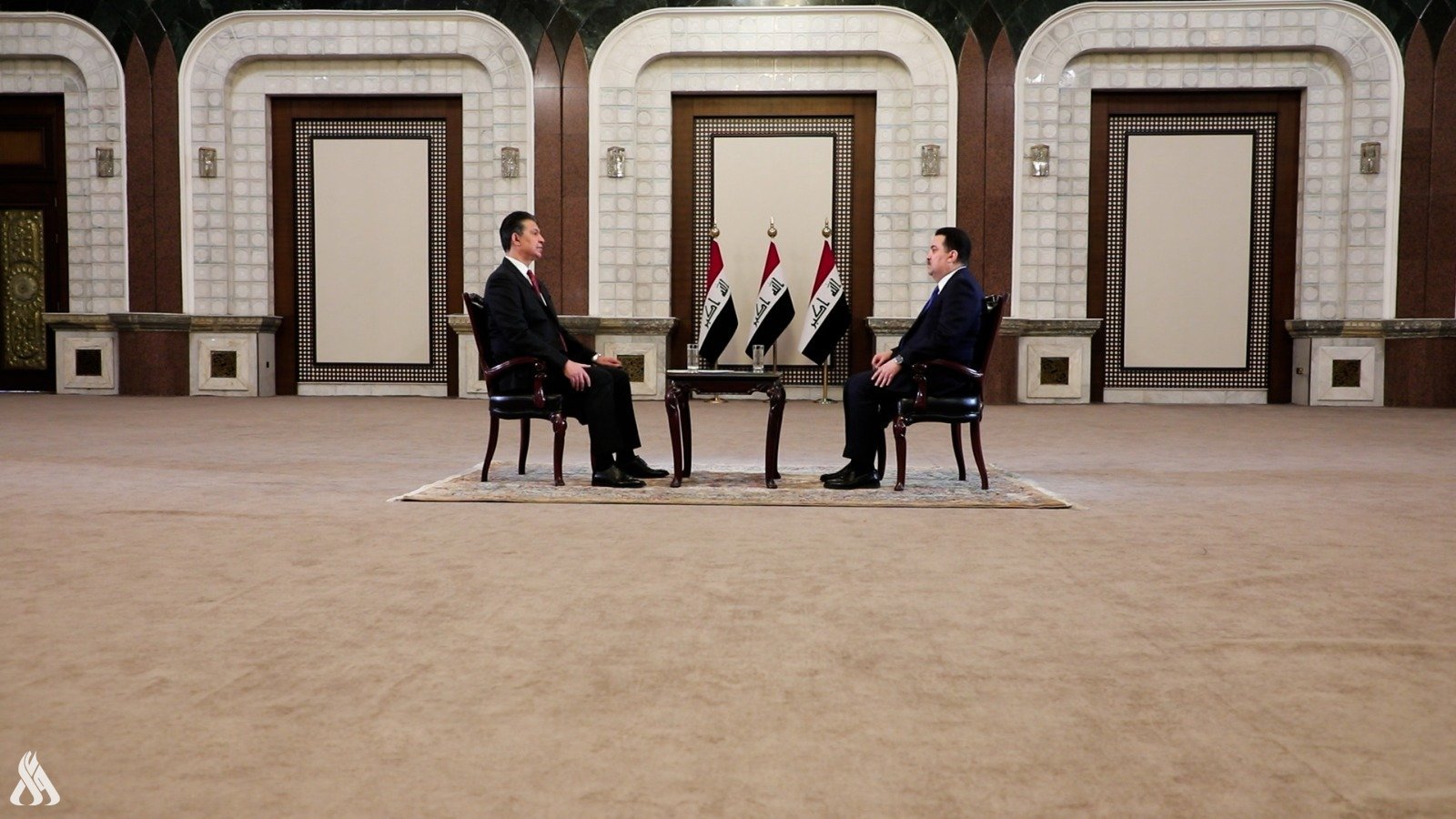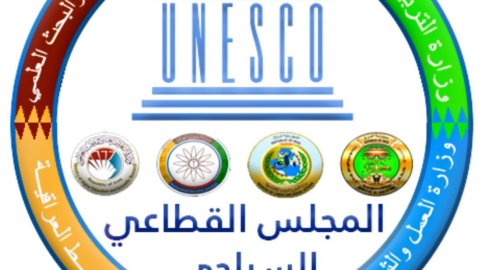
New Strategy to promote Archaeological Sites, Tourist Attractions, and Holy Shrines

Economy
- 17-09-2024, 13:20
Baghdad – INA
The Tourism Council in Iraq announced on the establishment of a strategy to promote archaeological sites, tourist attractions, and holy shrines, emphasizing collaboration with ministries and concerned entities to position Iraq as a prominent tourist destination.
In a statement received by the Iraqi News Agency (INA), Council Chairman Aziz Al-Tamimi indicated that "the Council has developed a comprehensive strategy and tourism study in collaboration with UNESCO, the overseeing body of the council. This initiative, supported by the combined efforts of relevant ministries and the national media across all visual, audio, and print channels, alongside private sector participation, aims to operate as a cohesive unit to highlight and promote all archaeological and tourist sites as well as the holy shrines across the land of Mesopotamia from south to north."
He added that "the council is dedicated to showcasing Iraq as a tourist destination in alignment with the governmental program outlined by Prime Minister Mohammed Shia Al-Sudani and in conjunction with all supporting entities."
Al-Tamimi pointed out that "the year 2024 has been particularly notable, marked by the success of the Arbaeen pilgrimage season, during which the number of visitors to Karbala exceeded 21 million, comprising both Iraqis and visitors from various Arab and foreign countries. This achievement reflects the collaborative efforts of the Tourism Council, in partnership with the relevant ministries involved in the council's programs alongside UNESCO, as well as the Ministries of Planning, Education, Higher Education, Labor, and all supporting entities in the tourism sector, including the Karbala Tourism Authority and hotels in the holy city of Karbala, all of which have significantly contributed to the success of the outlined tourism plans."
He emphasized the "critical role played by the holy shrines of Imam Hussein and Imam Abbas, along with community and popular activities represented by the Hussaini processions and the efforts of service departments, the Governor of Karbala, and all ministries and entities supporting the plan.
Egypt announces payment of $38.7 billion of its debts
- International
- 09:58
Syria: Imposing a curfew in the city of Homs
- International
- 07:45
US Central Command: We killed ISIS terrorist leader Abu Yusuf in Syria
- International
- 24/12/20
Liverpool compete with Real Madrid to sign Olympique Lyonnais star
- Security
- 24/12/19
7 ISIS elements arrested in Kirkuk
- Security
- 24/12/20



